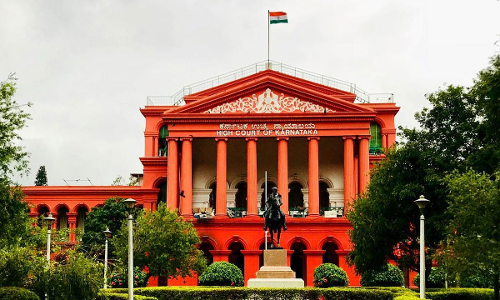
Supreme Court upholds people’ rights to dissent and criticism in a historic decision
Last Updated on March 9, 2024 by News Desk
Issue:
The Supreme Court’s seminal ruling in the matter of Professor Javed Ahmad Hajam underscores the basic tension between the Indian Penal Code’s Section 153-A legislative prohibitions and the right to freedom of speech and expression. The issue concerns two status updates that Professor Hajam sent on WhatsApp, in which she expressed her disapproval of the repeal of Article 370 and her best wishes on Pakistan’s Independence Day.
Facts of the Case:
Due to his WhatsApp status messages on August 13 and August 15, 2022, Professor Javed Ahmad Hajam, who works at Sanjay Ghodawat College in Kolhapur, Maharashtra, suffered legal ramifications. Due to the communications’ perceived incitement of animosity amongst various communities, a formal complaint was filed under Section 153-A of the Indian Penal Code.
Arguments Presented by Parties:
By inciting hatred between racial, religious, or linguistic groups, the prosecution claimed that Professor Hajam’s comments broke Section 153-A. Defense attorneys countered that the texts were constitutionally permissible expressions of dissent under Article 19(1)(a) and that they were critical of government conduct rather than directed towards any particular group.
Judgment Delivered by Court:
The Supreme Court, with Justices Abhay S. Oka and Ujjal Bhuyan in attendance, pronounced in favor of the much-loved concept of free speech and expression. The decision stressed a number of important points:
Right to Free Speech and Expression: The court upheld this fundamental freedom as being necessary for any democracy to function, enabling people to express their opinions on the government without worrying about retaliation.
It made a distinction between the messages of Professor Hajam and their effects, emphasizing that they were not directed against any one group but rather constituted righteous opposition.
Protecting disagreement: The court cautioned against penalizing anyone for voicing disagreement and emphasized the importance of dissent in maintaining governmental accountability.
Evaluating Impact: It emphasized the significance of viewing speech’s effects through the eyes of reasonable people and rejected the idea that a person’s discomfort should be the basis for taking legal action.
Teaching Law Enforcement: The ruling called on law enforcement organizations to comprehend and honor the constitutionally guaranteed rights to free speech and expression.
Written By: Nikita Shankar @nikitaashankar




